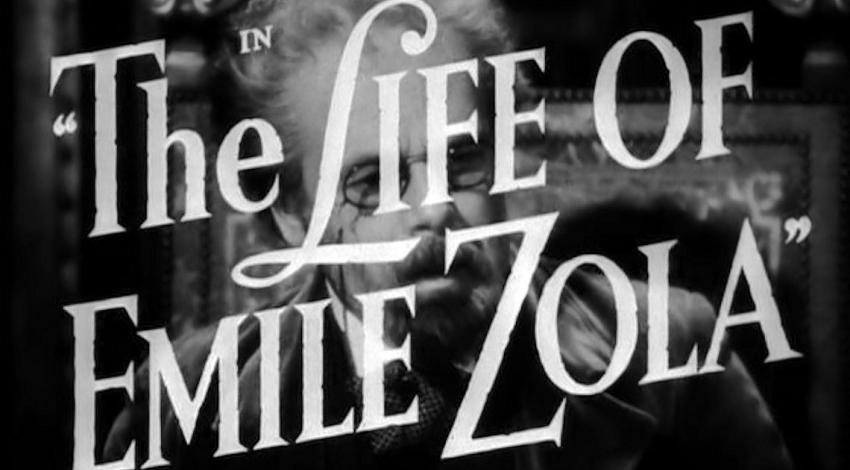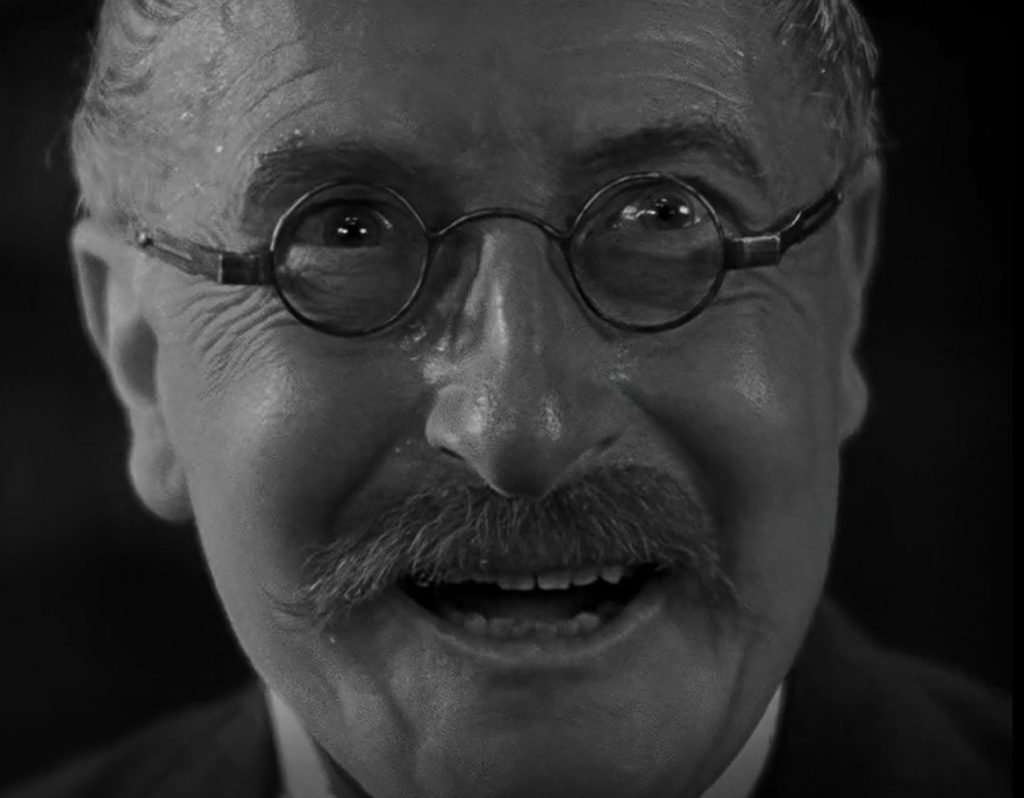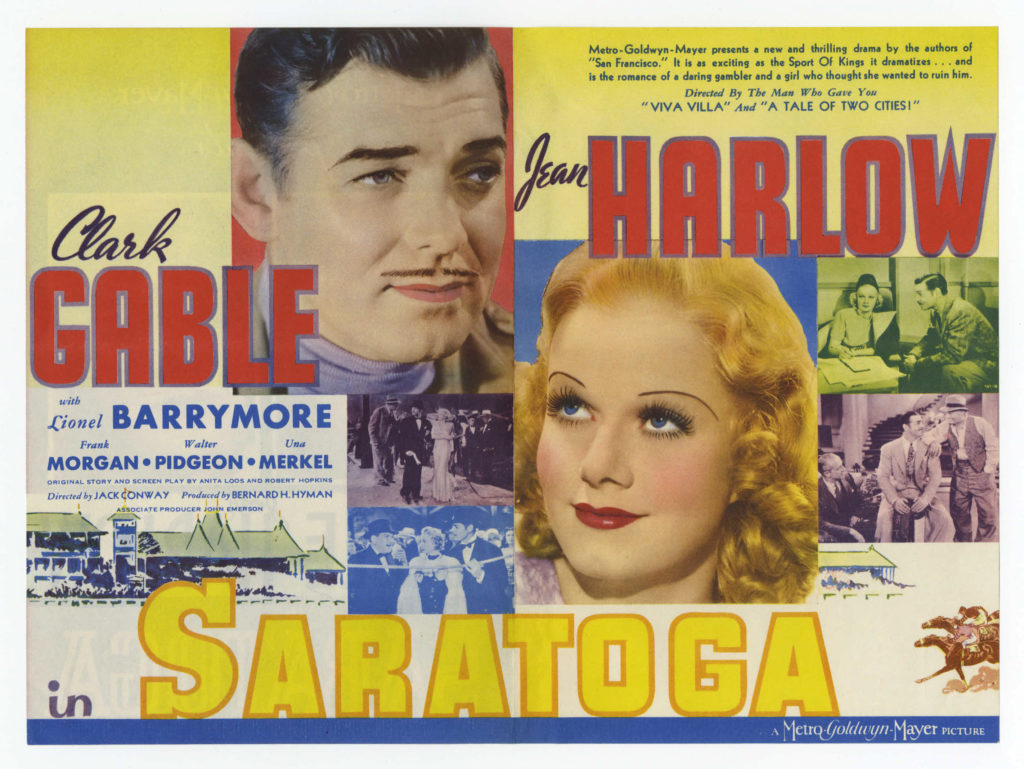1937
Thus far, the Oscars have loved sweeping epics, historical tales covering years or decades, grand in scope. Or sometimes they go for a light comedy like It Happened One Night or a trash fire like The Broadway Melody. But here in the late 30s, the Great Man Biopic seems to have taken hold. This entry makes three in a row, if we count Mutiny on the Bounty, based as it was on a historical incident.
Watching Great Man Biopics be embraced by the Academy and the general populace is like watching a sexy teen decide she wants to go skinny dipping by the old haunted campground. Don’t do it, it’s a mistake, you cry, but to no avail.
And The Oscar Goes To…

Now this one straight up admits from the beginning that while it’s discussing actual events, it’s also fictionalizing a whole bunch and most of the characters are made up. Not surprising, really, given what a lot of the characters get up to. It’s called The Life of Emile Zola, but that doesn’t fit. Or it does, but it shouldn’t, because they really forced it to.
Emile Zola was a writer who rose to fame, fortune, and celebrity through a series of books and articles that exposed the dark side of late 19th century France. The people loved him for his novel on one woman’s fall to poverty and maybe prostitution, the military hated him for his scathing indictment of their failures in the Franco-Prussian war. You know, the one the Germans did so well in that this smirking asshole was positively thrilled to send his whole class of students to die in the trenches.
The meat of the story comes when the French army discovers someone is sneaking secrets to the Germans. The top brass make a Captain Dreyfuss their top suspect. They might not have “evidence” or “motive” but he is Jewish and that’s good enough for 1894*. Four years later, after the real spy was found but acquitted by the generals so they wouldn’t have to admit their mistake, Mrs. Dreyfuss convinces Zola to get back in the muckraking game and call out the generals for the cover-up. Which he does, getting him put on trial.
In order to justify calling it The Life of Emile Zola and not The Dreyfuss Affair, which the real event was known as, we start with a half hour of Zola’s rise from penniless and angry at injustice to rich, famous, and a little complacent, but honestly that would lift right out. You could skip it and miss basically nothing. If Spielberg made this, it would open with Dreyfuss and we wouldn’t even meet Zola (Tom Hanks or maybe Ben Kinglsey) until the second act. And honestly his lawyer does most of the dramatic heavy lifting once the trial starts, and the movie could easily have been from his perspective. Emile Zola is one of three major male characters, and arguably not the central one.
Plus something about the attempt by the Republican Party to stage a coup against American democracy made this series of frame jobs by the military very nerve-wracking to watch.
*This is briefly hinted at but massively downplayed despite definitely having been a factor, because the Nazis were stoking antisemitism in Europe and Hollywood in general (and allegedly Jack Warner in specific) had not chosen which side of that they wanted to be on. Bad call, Hollywood.
And Rotten Tomatoes Says: With an adjusted score of 89.944%, RT finds this one “more earnest than dramatically engaging,” and places it at 70/93. Fair. Fair assessment.
What Would Yancey Cravat Do: Yancey would never have let them hang a false charge on the first convenient Jewish person. He would have brought the entire security council down first, and had a crowd laughing at his jokes while he did it.
The Box Office Champ
Clark Gable and Jean Harlow’s sixth film together, and also… huh, also their last because Harlow died during filming, leaving her stand-in and a vocal impersonator to finish it. Okay. It’s one of those movies, no wonder it drew a crowd. Released six weeks after her death (man they edited fast back then), it became Harlow’s highest grosser ever, and yeah, the tragic death factor probably played a role.
Anyway it’s fun, I couldn’t spot any part where Harlow had been obviously replaced (but I forgot to really look), and sure “SHE’S the heir to a horse ranch in dire straights, HE’S a bookie who keeps trying to bilk her rich fiancé” is a weird set-up for a romance, but Clark Gable’s just so damn charming, it worked for me. Not a lot to say.
Except what I said on Twitter, below.
And Rotten Tomatoes Says: Two reviews, both of which say “Yeah, it’s pretty good.”
What Would Yancey Cravat Do: Dick Dix’s Yancey and Clark Gable could have made a hell of a buddy movie, that’s my only takeaway here.
Other Events in Film
- The Broadway Melody of 1937 makes the top five grossers, but thankfully does not live up to its predecessor.
- The OG A Star is Born came out this year, for those wondering how long they’ve been flogging that horse.
Next Page: Hi ho, hi ho, you can’t take it with you when you go [whistles]



One thought on “Art Vs Commerce: Beginnings (20s/30s)”